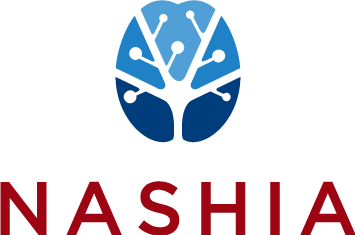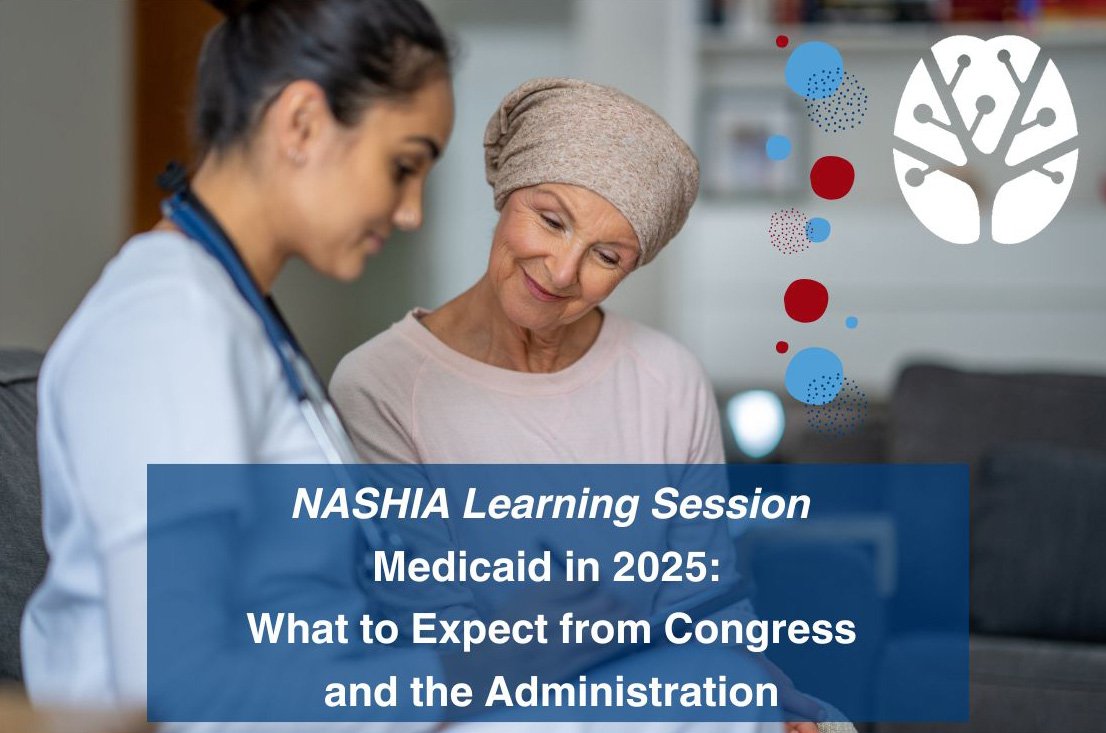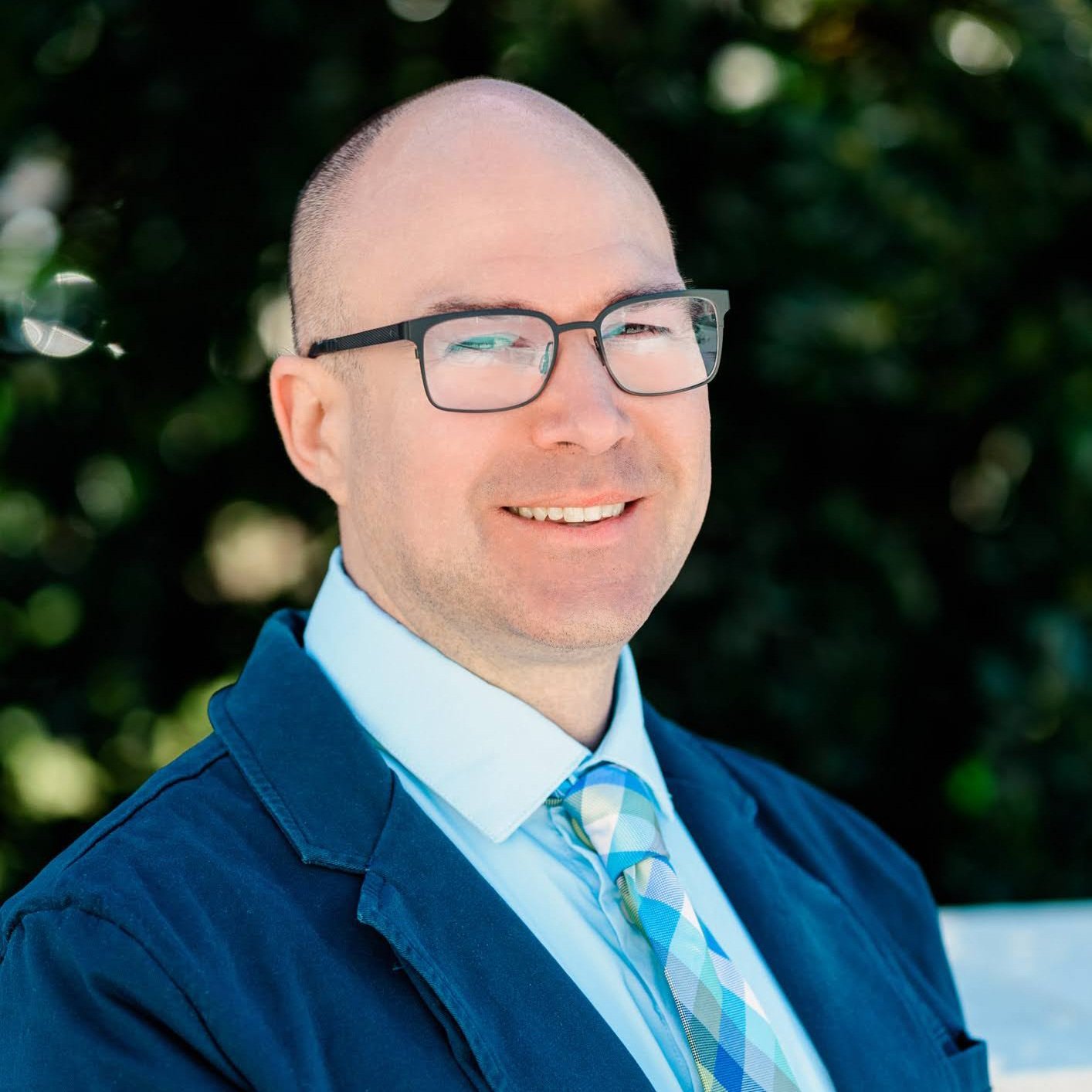NASHIA Public Policy Medicaid Subgroup is Hosting a Learning Session:
Medicaid in 2025 — What to Expect from Congress and the Administration
View an insightful Learning Session hosted by the National Association of State Head Injury Administrators (NASHIA) Medicaid Subgroup. This is your opportunity to gain crucial insights into what’s ahead for Medicaid in 2025, from Congress to the new Administration, and how these changes could impact brain injury programs and services.
What Will We Cover?
During this Learning Session, we’ll provide an overview of what to expect in the coming year regarding Medicaid, including:
The Reconciliation Process: Understand how Congress’s reconciliation process works.
Expected Medicaid Reconciliation Proposals: Hear what we anticipate being included in the 2025 reconciliation process specifically focused on Medicaid.
HHS & CMS Nominations: Learn about key leadership nominations for the Department of Health and Human Services (HHS) and Centers for Medicare & Medicaid Services (CMS), and the impact of these appointments on Medicaid policy.
Priorities for the New Administration: Get an early look at the priorities of the new Administration as they relate to Medicaid, with special attention to changes that may affect brain injury services and where might the biggest changes occur.
Impact on Brain Injury Programs: Explore how these federal changes could affect systems focused on supporting people with brain injury.
NASHIA’s Goals: Learn about NASHIA’s strategic goals moving forward, especially regarding Medicaid policy influence and how we aim to support our members.
Who Should Watch?
This Learning Session is more than just a chance to learn, it’s an opportunity for you to engage, share insights, and hear what other states are expecting related to Medicaid and brain injury services. While this is hosted by our Medicaid Subgroup, it is available for all NASHIA members and those interested in joining the organization, especially:
State Brain Injury Directors or Staff
State Medicaid Directors or Staff
Waiver Managers with a focus on brain injury services
Brain injury affiliate organizations
Providers and stakeholders in the brain injury community
People with lived experience impacted by Medicaid
Any brain injury champion or professional working at the intersection of Medicaid and brain injury
About the Medicaid Subgroup:
The Medicaid Subgroup is a part of NASHIA’s Public Policy Committee, dedicated to advancing policies that support individuals with brain injuries through Medicaid programs. While the Subgroup primarily focuses on Medicaid-related topics, any NASHIA member can join.
This session is an excellent way for both current and prospective NASHIA members to understand the type of valuable, real-time information the Medicaid Subgroup regularly provides.
Presenters
Jack Rollins
Director of Federal Policy
National Association of Medicaid Directors
Jack Rollins joined NAMD in April 2014. He is responsible for the association’s policy work, including analysis of legislation and regulations impacting the Medicaid program, convening Medicaid Directors and their staffs to identify and build consensus around policy objectives, and articulating members’ consensus positions via comment letters and other communications to federal policymakers and Medicaid stakeholders. In his time at NAMD, Jack has focused specifically on the areas of Medicaid prescription drug coverage, managed care, and long-term services and supports.
Prior to joining NAMD, Jack interned at a safety net hospital association, a small lobbying firm specializing in healthcare issues, and performed policy work for a nonprofit organization of state legislators.
Jack received an Masters of Public Health focused on health policy from the George Washington University and a B.A. in philosophy and government from the College of William and Mary.
Zaida Ricker
Director of Strategic Partnerships and Policy
National Association of State Head Injury Administrators
Zaida Ricker, MPS, supports NASHIA as the Director of Strategic Partnerships and Policy. In this role, she leads our federal policy influence efforts and has helped secure increases in funding for the Traumatic Brain Injury State Partnerships Program at the Administration for Community Living and the National Concussion Surveillance System at the Centers for Disease Control. She also helps support policy efforts related to the overlap between intimate partner violence and justice-involved populations.
Zaida also worked for former Homeland Security Secretary Tom Ridge at the Ridge Policy Group from 2018 - 2023. She managed clients related to disability policy, helping to ensure that individuals with disabilities have equal opportunities in all aspects of life. Zaida helps to communicate with Capitol Hill and the Administration, supports grassroots communication, and provides legislative strategies to ensure successful government relations plans.
She joined Ridge Policy Group after working for Congressman Brad Schneider of Illinois. In that position, she managed the Congressman’s portfolio as the Ranking Member of the House Small Business Subcommittee on Agriculture, Energy, and Trade, as well as a wide range of other issues, including disability issues. Before joining Rep. Schneider’s office, Zaida worked for Senate Democratic Leader Harry Reid, where she handled a robust domestic policy portfolio. During her time in both the Senate and the House, Zaida developed an understanding of Congressional procedure, shaped and passed policy, and built relationships with key staffers of both parties.
Zaida graduated from Brigham Young University with a degree in poli-sci and received her master’s degree in legislative affairs from George Washington University. In her free time, Zaida enjoys spending time with her family, husband Cameron, daughter Zona, and dog Champion.
Jill Ferrington
Director of Community Integration National Association of State Head Injury Administrators
Jill Ferrington brings a 30-year history working on disability initiatives and grants in the areas of brain injury, competitive integrated employment (including self-employment) for people with disabilities, Home and Community-Based Services, and Medicaid Buy-In. Jill currently serves as a project manager
for NASHIA’s Leading Practices Academy on Criminal and Juvenile Justice aimed at implementation of brain injury identification and support approaches within adult and youth settings. In addition to training and resource development on a variety of brain injury topics, she supports states in their efforts
to prioritize needs and engage stakeholders in the development of actionable State Plans, conceptualize and plan tailored resource facilitation and peer support models, and enhance or expand service delivery for people with brain injury.
Derek Fales
Board President and Co-Chair of the Public Policy Committee and Medicaid Subgroup
National Association of State Head Injury Administrators
Derek Fales is the waiver services director within the Developmental Disabilities and Brain Injury Services Unit for the Office of Aging and Disability Services. He oversees the day to day operations for Home and Community Based Services waiver programs for Individuals with Intellectual Disabilities, Other Related Conditions and Brain Injury in partnership with the State Medicaid Agency, the Office of MaineCare Services. As the waiver services director he oversees Developmental Disability and Brain Injury Waiver programs in addition to overseeing Maine’s Brain Injury Services and Supports programs. He is an accomplished senior manager, facilitator and an experienced social worker serving in a variety of roles within policy development and implementation, project management, and protective services both in the State of Maine and in the Northern Territory of Australia. His extensive experience in health and human services has been focused on working towards increasing positive social outcomes for children and families affected by violence, poverty, substance abuse while ensuring community integration and maximizing opportunities for people with disabilities to live and work in their communities to the same degree as a person without disabilities.





